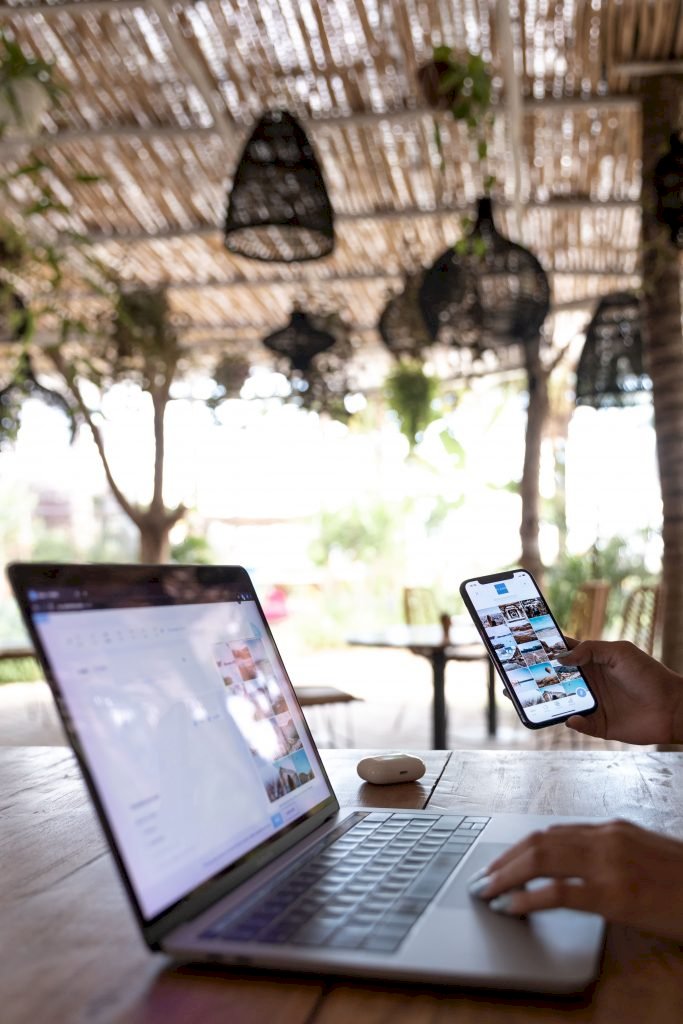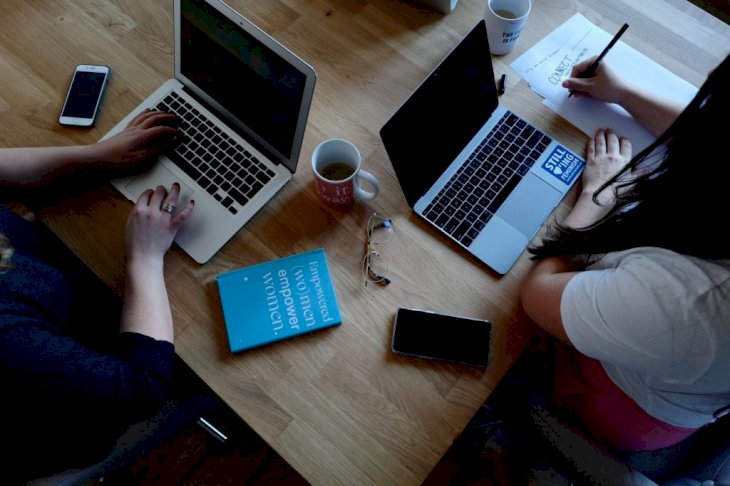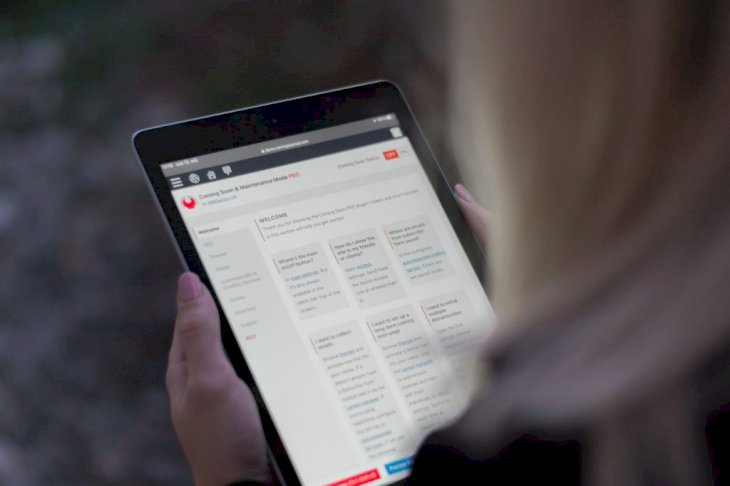
Exploring 'Cybersickness' And Its Effects
We’ve literally never stopped staring at our devices throughout lockdown because when the world stopped, work found a way to continue; even our social lives went virtual. So there’s a chance you’ve experienced cybersickness.
Cybersickness is similar to motion sickness; you feel a bit nauseous from constantly staring at your screen instead of moving around. It happens because your brain gets overloaded with conflicting series of stimulations.
It happens when you’re focusing on your screen, but somebody else is controlling the motion, and because your brain doesn’t register the motion, you feel sick and disoriented. Here’s how you can manage those foreign feelings.
Symptoms Of Cybersickness

Unsplash
When you’ve been staring at a screen all day, you might close your laptop and then get struck by a pounding headache. Sometimes you just feel nauseous, maybe you feel dizzy, extremely hot and sweaty, or it could just be exhaustion.
It doesn’t only affect you when you’re on your laptop; it could be from scrolling on your phone, playing with a virtual reality headset, gaming, or even watching too much TV! These symptoms can affect you for up to seven hours after you’ve turned off the screen!
Why Does It Happen?

Unsplash
Your body has a sense of balance that helps you navigate the space you’re in. Your eyes take in the visual sensation of motion while your body senses that you’re not moving at all.
An intense visual stimulation without physical stimulation can lead to anxiety, as you’re constantly predicting the outcome. And anxiety and nausea are like best friends, so if you’re anxious, you’ll likely feel nauseous because of your work!
Treating And Preventing Cybersickness

Unsplash
As soon as you start feeling any of the symptoms, you should immediately stop looking at your screen and focus your eyes on something that isn’t moving. Any object that is not in motion will help give your brain pair the visual and physical stimulations.
Try focusing on your desk lamp or even your cat napping in the distance. You can try taking medication like acetaminophen for symptoms like headaches and nausea.

Unsplash
We can’t exactly stop looking at screens to make our jobs easier, because our screens are basically vital to us at this stage. We use them to communicate, work, order food and groceries, and even call an Uber.
Try to prevent cybersickness by taking regular 10-minute breaks from your screen every 50-minutes. You might even feel like you don’t need it, but the more breaks you take, the less likely you will feel sick!

Unsplash
Try listening to audiobooks, or reading paperback copies instead of reading a virtual copy, even when it’s cheaper. And especially avoid using your phone or laptop while reading on a tablet or Kindle, because using more than one screen can make cybersickness worse!
Slow down your scrolling speed, you don’t have to make it painstakingly slow, but you can make it slow enough to follow. Avoid pop-ups and flashy displays, so if you’re feeling sick from being online all day, you might want to avoid scrolling through TikTok.
Remember to keep your workspace nice and ventilated, and always take breaks, whether it’s to exercise or to eat! I hope you finally figured out how to stop feeling so dizzy or tired after just sitting at your laptop all day!